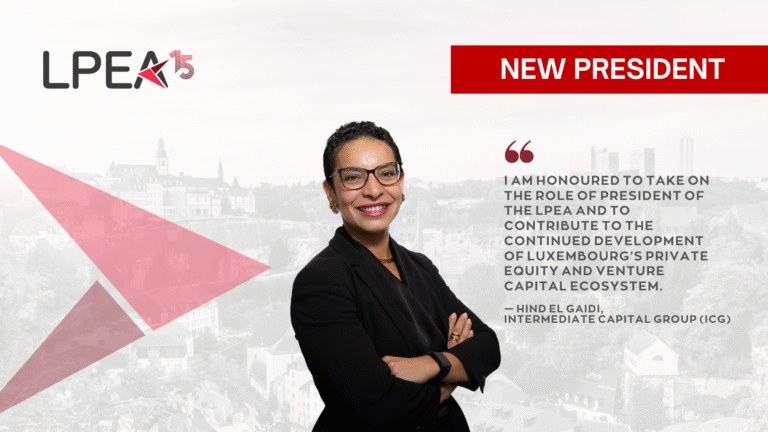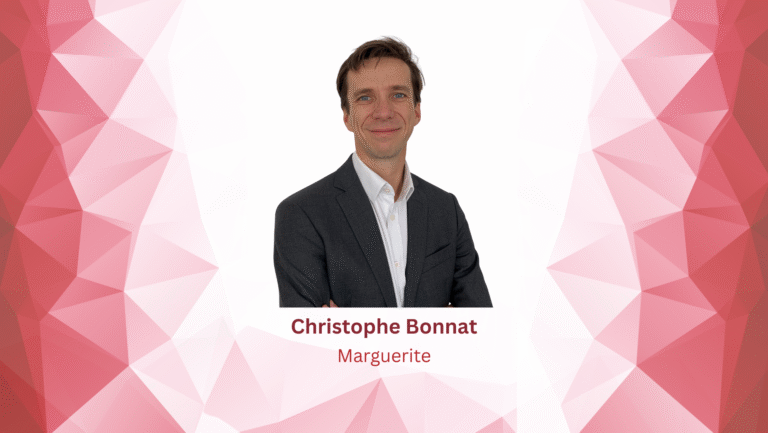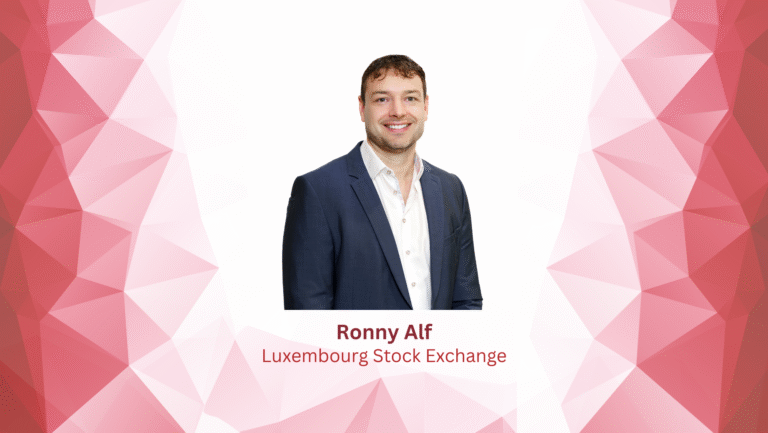Photo: Richard Reis, Olivier de la Guéronnière (Secretary General), Gilles Mougenot and Maarten Meijssen (Partner).
Interview of Gilles Mougenot, Managing Partner, CEO Argos Wityu (Benelux), former Chairman AFIC – now France Invest and Richard Reis, Partner, Argos Wityu (Benelux)
As featured in LPEA Insight/Out magazine #19, September 2021.
Laurent Capolaghi: Gilles, Richard, Maarten and Olivier. We are very happy to have you all here to speak about Argos Wityu. Can you please introduce your firm and explain what is your “DNA”?
Gilles Mougenot: Argos Wityu is an independent pan-European private equity group with more than 30 years of experience and a team of 50 professional split across six offices (Luxembourg, Brussels, Paris, Geneva, Frankfurt, and Milan), covering eight countries. Today, we manage €1.2bn and are funded by first class institutional investors such as insurance companies, pension funds, funds of funds and sovereign funds. Our investment strategy puts three differentiating factors forward: (i) a true European investment group, (ii) with an entrepreneurship mindset and (iii) a track-record in business transformations and complex situations (MBIs, MBOs, complex carve-out and spin-offs, asset arbitrage, privatizations, shareholders’ disputes, complex processes).
Richard Reis: Our investment strategy implies majority stakes and a prudent approach with regards to debt. We are also known to be “hands-on” and very close to management teams.
LC: Do you have any sector focus? Who are the vendors you deal with?
RR: We are sector agnostic; we look at any vertical, except real estate. Historically, we have performed transactions in many different sectors such as business software, professional services, medical devices and products, aerospace & defense, food, logistics, and industry. We deal with different type of sellers, but families and founders count for half of our transactions since 2000. We really enjoy accompanying them as these situations imply a specific deal dynamic and time. The other half is composed of corporates and, for a more limited proportion, financial investors.
LC: You have an international team with six offices present across Continental Europe. When and why did you decide to come to Luxembourg?
GM: As we are a pan-European group, we have decided to settle our holding company in Luxembourg (Argos Wityu Partners, formerly Argos Soditic Partners) in 1995. Also, fund VIII (on-going fundraising) is a Luxembourg-based fund and we have professionals operating locally.
RR: Besides, we started in 2013 to penetrate the Benelux market to perform investments. So far, we have invested around €100m in Belgium and the Netherlands (Lineas, Gantrex, Cohedron) and supported a critical number of build-ups for our portfolio companies. With the same logic, we are active in Luxembourg on the investment side.
LC: Complex transactions are your specialty. Has this always been the case or did you develop this specific expertise over time?
GM: When I started Argos with my former business partners in 1989, our investment strategy was broader than focusing on the niche of majority investment to support business transformation. At the beginning of our story, we also took minority positions and deployed growth capital, which was exciting at that time. However, we quickly understood that our DNA was to accompany managers in complex situations. And we were good at that. As such, we have taken the “buy complexity, sell simplicity” strategy in 2000. Since then, we have developed our knowledge and expertise with more than 80 transactions and 150, including buy-and-builds.
LC: You have a “people first” approach in your company. What does that mean in your day-to-day business?
GM: It means that our values are relying on trust and transparency. We truly believe that success is made by people, not reports. As such, we are excited to roll up our sleeves and help managers write new stories. The accumulated experience enables us deal with situations where good businesses find themselves in complex situations; we like to go beyond the first impression.
RR: To illustrate this approach, during due diligence phases, we (i) team-up very soon with managers to understand the business they operate in detail, commonly find value creation layers and design solutions to a certain complexity and (ii) systematically request management investment alongside us (to perfectly align the interests from day one). After the completion of the deal, we actively support managers throughout the holding period. We never take any operational role, but we schedule at least one weekly call and a monthly board to support the business and its direction.
LC: What is Argos Wityu approach regarding ESG?
GM: We have recently joined the United PRI. Besides, we are truly convinced that growth must encompass all its aspects and be based on a responsible management system that integrates environment, social and governance issues (ESG). As a private equity firm, we are at the forefront of efforts to encourage these values in the companies that make up our portfolio. We privilege a bottom-up approach and one key action per portfolio company, with concrete actions that are linked to our investment strategy and monitored by the relevant KPI.
LC: Next to people, technology plays an important role for private equity. Which type of technology do you apply when selecting and tracking investments?
GM: Obviously, the private equity industry must integrate the digitalization and AI challenges, which are deeply changing European business models, especially given the fact that a lot of SMEs still have a very limited culture related to data. The impact is broad and to give a simple answer is difficult.
RR: To select an investment, the recipe is a mix between the “savoir-faire” of the investment team and due diligence outcomes which integrate themselves a data approach. For instance, we are supported by external specialists in digital strategy and data management to perform CRM analysis or business model assessment, when the relevant information is available. To follow an investment, we have internally developed an in-house digital knowledge capitalization application named “Argos Paddles” which is tracking 45 value creation levers (at various stage of the investment period) with the objective to professionalize the business and to find solutions to medium term challenges. With that tool, we systematically assist in defining priority actions across the portfolio, based on prior experience.
LC: You launched the Mid-market Argos Index. Can you tell us about it?
GM: Published quarterly, the Mid-market Argos Index tracks the valuation of unlisted eurozone SMEs in cataloging mid-market acquisitions (majority deals implying an equity value between €15m and €500m) that have taken place during the previous three months and including all the sectors (except financial services, high-tech and real estate). The Index was launched in 2006 with the ambition to create a database for the unlisted market that would be both methodologically robust and rich in high-quality information.
RR: Content-wise, the Index also follows the multiples paid by investment funds and strategic buyers, the eurozone mid-market activity in volume (and by segment), the percentage of high-multiple transactions and the spread between the multiples of listed companies and the transaction multiples paid by strategic buyers.
GM: After 15 years of publishing, we are happy that our Index is now considered as a benchmark in Europe.
LC: Thank you for sharing these insights.





